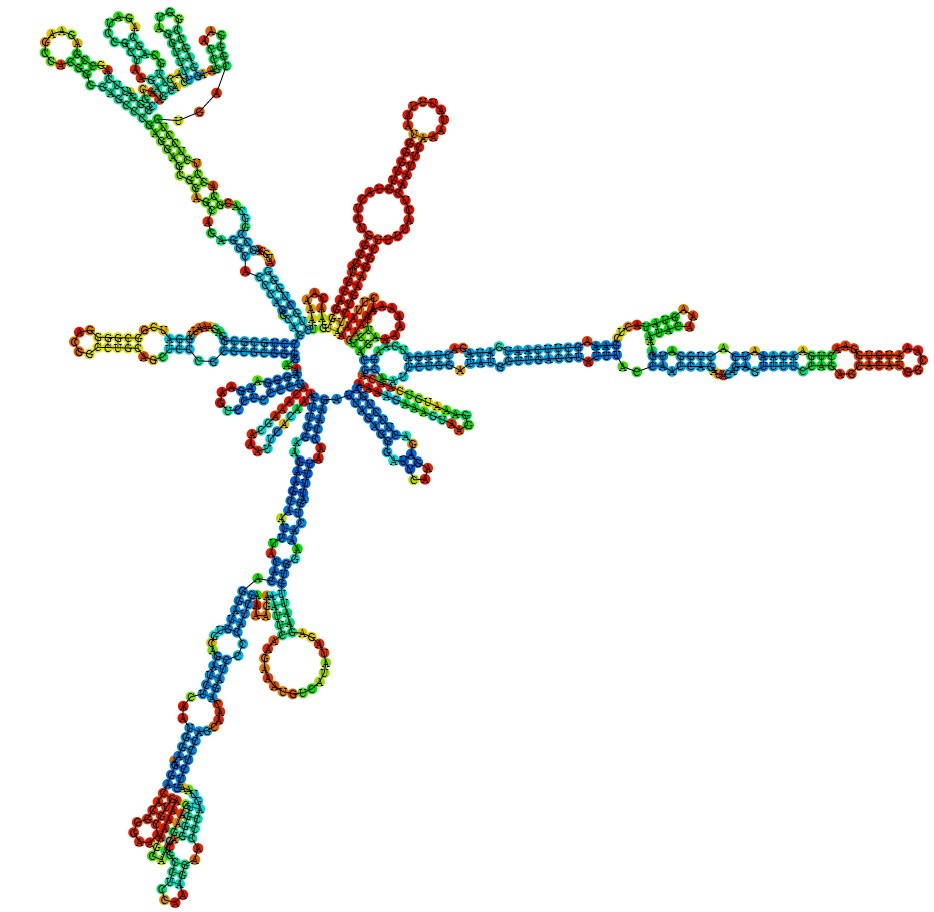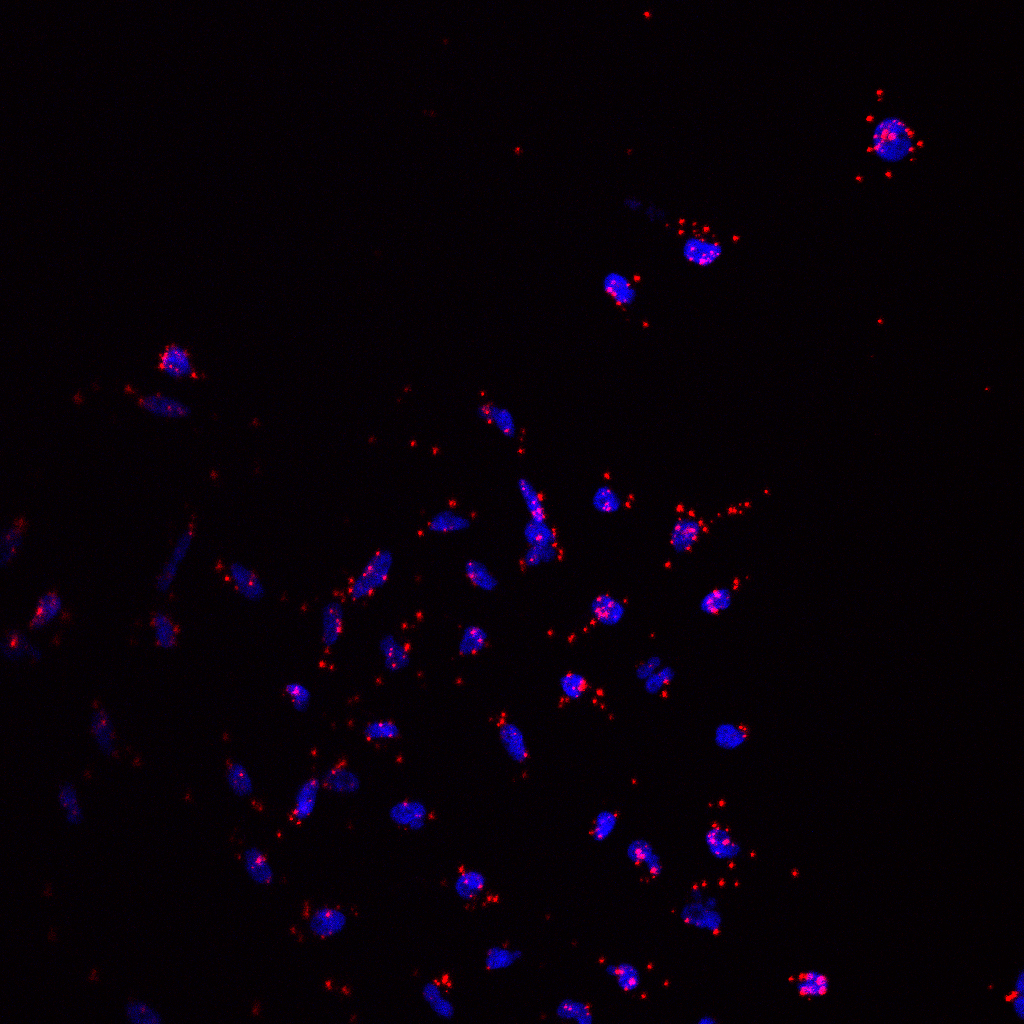Developing novel cancer therapies that target lncRNA
Cancer is a major global health concern, with almost 20 million newly diagnosed cases and 10 million deaths in 2020 alone.
The challenge in finding effective treatments for cancer lies in the heterogeneity of the disease, spread of the initial tumor to distant organs, and therapy resistance.


Most research into cancer drugs has focused on modulating protein function. However, only 1-2% of the human genome encodes for proteins, and the majority of cancer-associated mutations are located outside of protein-coding genes, in the “non-coding” genome.
Recent technological advances such as high-throughput sequencing revealed that a significant percentage of the non-coding genome is being transcribed into “non-coding” RNA molecules, also often referred to as “dark matter” of the genome.
We aim to combat cancer by investigating the biggest and most diverse class of non-coding RNAs, so called long non-coding RNAs (lncRNAs).
LncRNAs regulate gene expression through many different molecular mechanisms including epigenetic regulation, splicing, microRNA (miRNAs) binding and altering the stability of proteins and protein-coding mRNAs.
A number of lncRNAs act as genuine oncogenes or tumor suppressors, while others regulate the activity of oncogenic proteins and other important drivers of cancer signalling and the cancer microenvironment. LncRNAs are expressed in a highly tissue- and cancer-specific manner, making them an exciting new class of therapeutic target to investigate.
Amaroq Therapeutics focuses on identifying clinically actionable lncRNAs that are highly tumor specific and drive cancer cell growth.
We are developing innovative, tuneable treatments to target lncRNAs, including RNA therapeutics and small-molecule drugs. Our platform is highly versatile and able to identify disease-specific drivers for many different indications. Amaroq Therapeutics are initially focusing on solid tumors of high unmet clinical need such as breast cancer.
